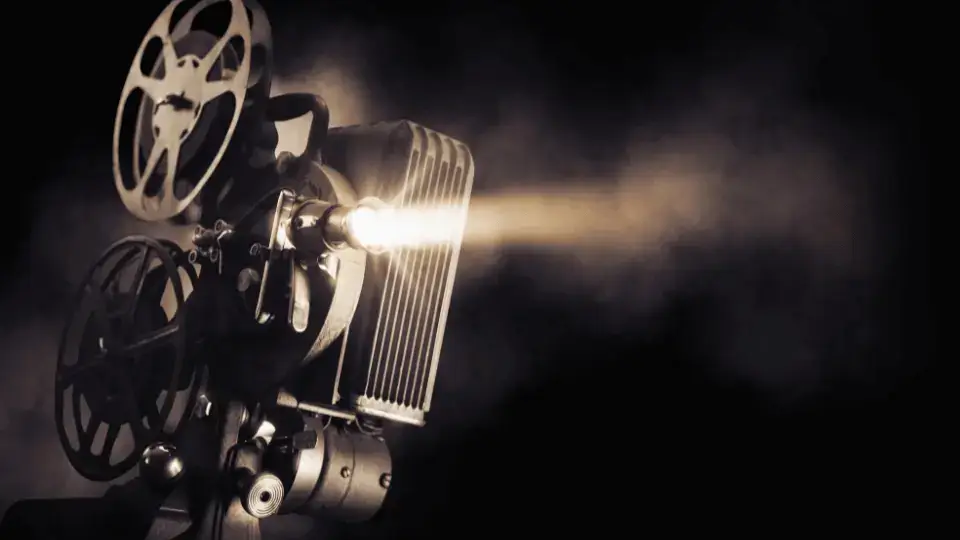Unraveling the Intricacies of Film Theory: Unlock Your Path to Success
Film theory, the critical examination of cinema’s narrative and visual language, is often viewed as complex and elusive. It is a field rich in abstract concepts, philosophical insights, and multi-layered interpretations. However, unraveling the intricacies of film theory is more than an academic endeavor—it’s a transformative journey that offers a deeper appreciation of cinema and equips aspiring filmmakers and critics with invaluable insights. In this article, we will explore the essence of film theory and how mastering it can unlock your path to success.
Understanding Film Theory
At its core, film theory is the study of the nature and effects of cinema as an art form. It encompasses a broad range of topics, from the technical aspects of film production to the socio-cultural implications of cinematic narratives. Film theorists scrutinize how movies communicate, generate emotional responses, shape cultural perceptions, and influence social dynamics.
Importance of Film Theory
A comprehensive understanding of film theory enables you to deconstruct films, to understand their structure, their language, and the means by which they convey their stories and messages. It grants a nuanced perspective on the influence of cultural, political, and historical contexts on cinema. Furthermore, it enriches creative processes, guiding filmmakers in making informed, thoughtful decisions throughout film production.
Key Film Theory Concepts
Film theory is vast and varied, comprising numerous theoretical frameworks. Some key concepts include:
- Auteur Theory: The idea that a film reflects the personal vision of the director, who is considered the “author” of the work.
- Genre Theory: The study of how films are categorized based on recurring patterns, themes, and conventions.
- Structuralism and Semiotics: The examination of films as structured ‘languages’ or systems of signs.
- Feminist Film Theory: The exploration of gender dynamics in film, often critiquing the depiction and roles of women in cinema.
- Post-colonial and Race Theory: The scrutiny of films through the lens of race, ethnicity, and post-colonial themes.
- Psychoanalytic Film Theory: The application of Freudian and Lacanian psychoanalysis to interpret films.
Navigating Film Theory for Career Success
A firm grasp of film theory can significantly enhance your career prospects in the film industry and related fields. It equips film critics, for instance, with the tools to write insightful, comprehensive reviews. For filmmakers, a strong theoretical background can guide more purposeful, impactful storytelling. Film educators and researchers, too, find film theory integral to their roles.
Conclusion
While the intricacies of film theory may seem daunting, delving into this field can significantly enhance your understanding and appreciation of cinema. Whether you’re an aspiring filmmaker, a budding film critic, or a film enthusiast, unraveling the complexities of film theory can greatly enrich your cinematic journey, unlocking numerous pathways to success. Consider taking the NYU Film and TV Industry Essentials online course and certificate program to gain a deeper understanding of film theory and to prepare for a career in the film industry.








